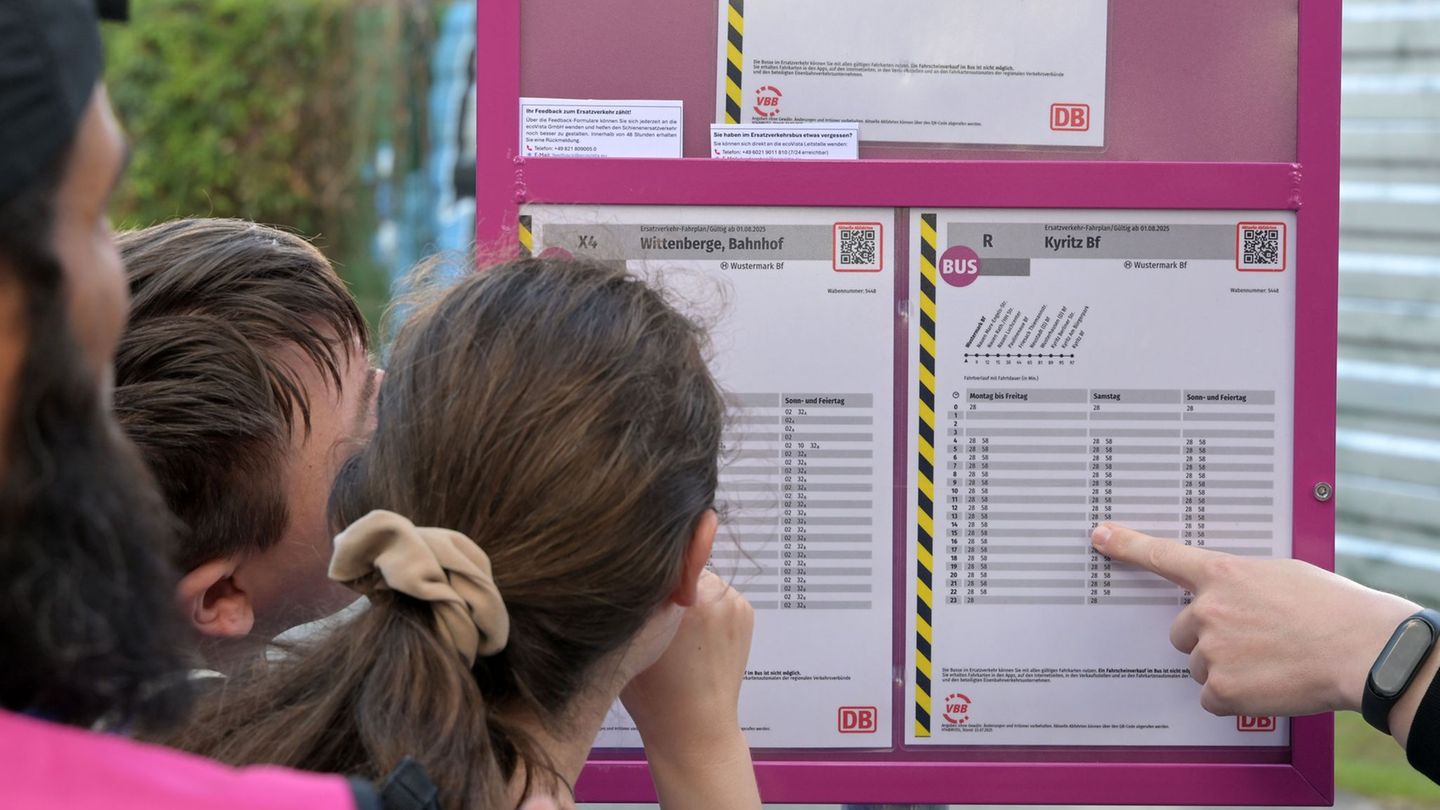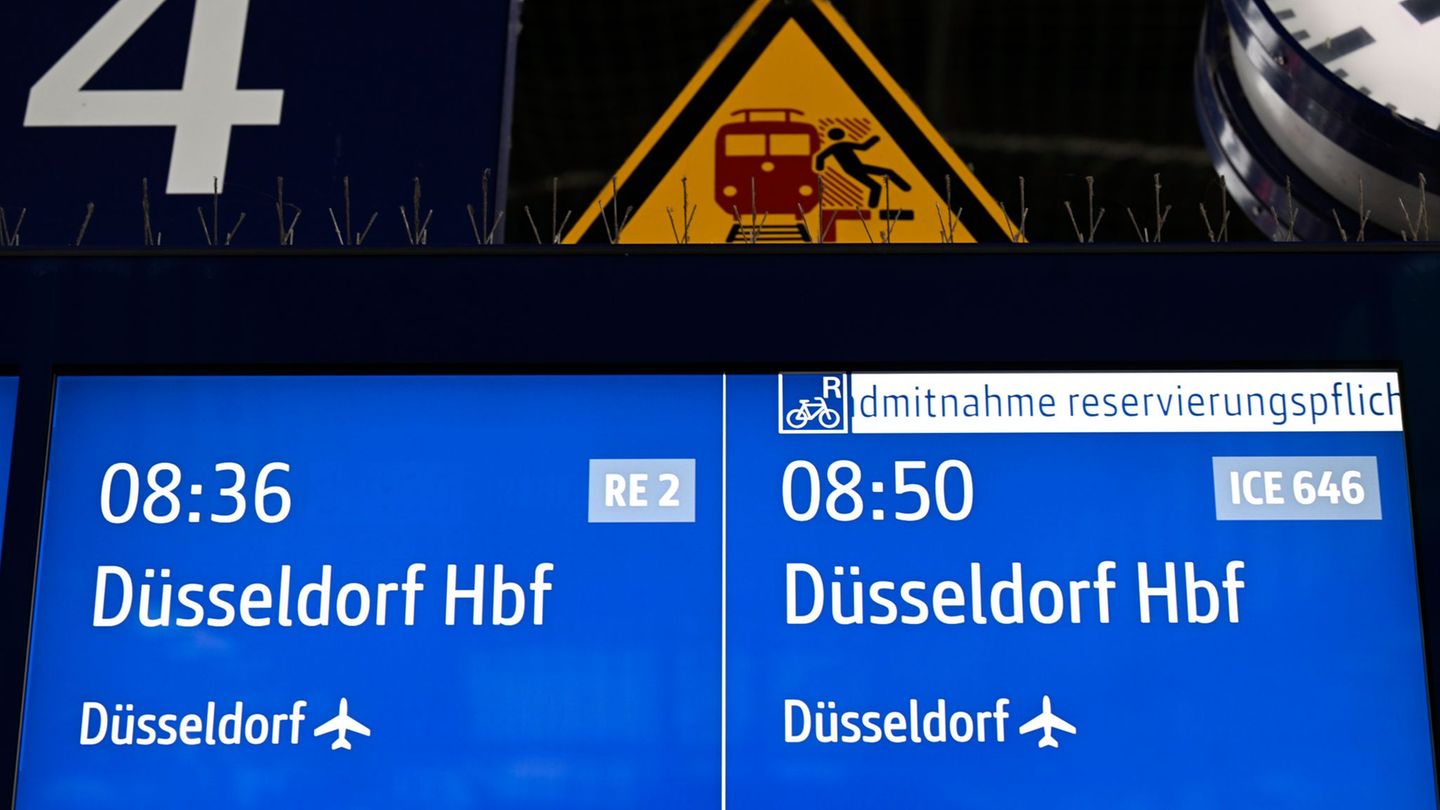Noodles, drinks, cotton buds, sweets and dairy products: around 1000 everyday items can be bought on the premises of the Linz tobacco factory as of today, Friday. The 16th “Unibox” was set up there and is intended to become a local supplier for the employees of the tobacco factory and the local residents. The special thing about it is that it is located in a renovated railway carriage that has been sprayed with graffiti. Christ Müller, director of the tobacco factory, described the Unibox as “a different kind of dining car.”
The UniGroup around managing director and owner Andreas Haider brought the Unibox concept to life in 2020. Small supermarkets are set up in containers, vacant buildings or wagons with an area of less than 100 square meters. Access is via bank card or a special app. The customer also pays himself. Haider wants to use this to ensure local supply, especially in communities that no longer have a supermarket. For this reason, the 17th Unibox will start next week in Wernstein (district Schärding).
Other locations are planned, says Haider: the need is there. However, before further expansion can take place, the necessary legal framework must be in place. Here Haider alludes to the limited opening hours in Upper Austria: a shop may be open a maximum of 72 or 76 hours a week (depending on the number of residents): “That’s no longer up to date. There should also be an offer for people who want to go shopping in the evening after work.” Haider has been in talks with the Chamber of Commerce and politicians for a long time.
“Frequencies are going down”
It is becoming increasingly difficult for many companies to find enough employees: this problem should also be tackled with the help of the Uniboxes. “Around one and a half hours of work are required every day,” says franchisee Peter Hametner. The new Nah&-Frisch “hybrid markets” are also pursuing a similar direction: in the morning, employees take over the service and the cash register. In the afternoon, the customers then scan the goods themselves and pay for them themselves. The first hybrid supermarket opened this week in Gaflenz (Steyr-Land district), another in Schenkenfelden (Urfahr district) will follow next week.
The university group is also feeling the effects of the price increase: “Frequency in the markets is gradually declining. Customers are also increasingly turning to entry-level brands, and the average value of purchases has fallen,” says Haider. People would shop more consciously and choose special offers.
Source: Nachrichten




